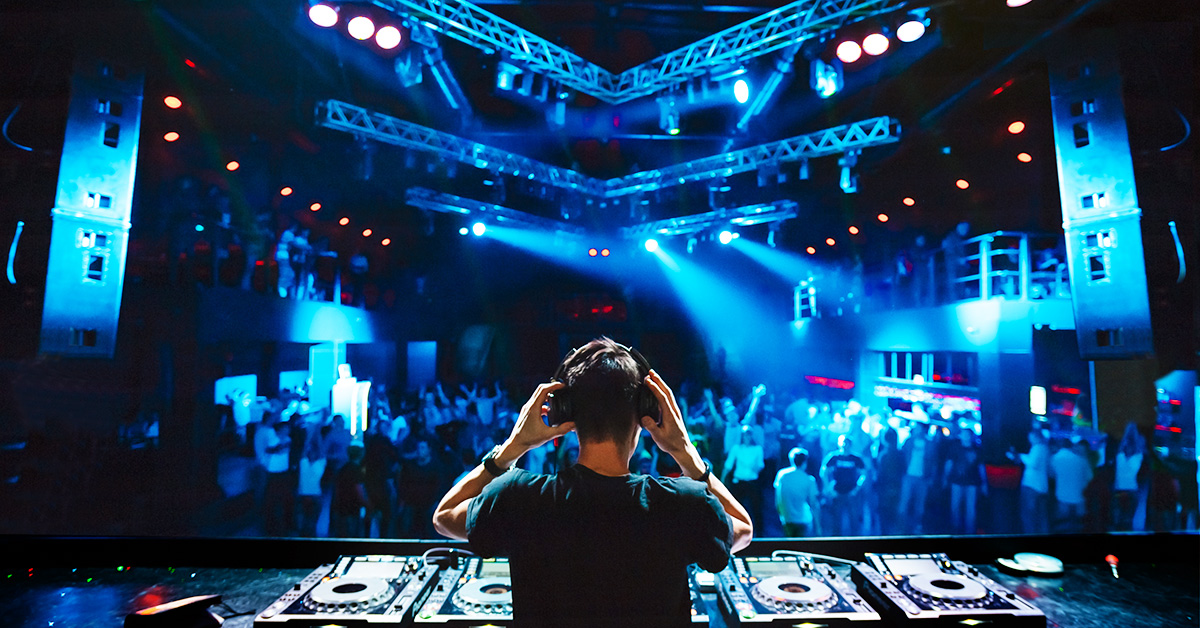Diving into the world of DJing can be exhilarating, and one of the essential pieces of equipment you’ll need is a good set of speakers. Whether you’re looking to perform at small gigs, parties, or simply practice at home, understanding what to look for in DJ speakers is crucial. Here’s a guide to help you get started.
- Types of DJ Speakers
There are primarily two types of DJ speakers: active and passive.
- Active Speakers: These speakers have built-in amplifiers, which means you don’t need an external amp. They’re convenient and often easier for beginners to set up.
- Passive Speakers: These require an external amplifier. While they offer more flexibility and potential for sound customization, they can be more complex to set up and manage.
- Power and Wattage
When selecting DJ speakers, power and wattage are critical factors. The wattage of a speaker determines its power output and how loud it can get. For beginners, speakers in the range of 100-500 watts are typically sufficient for small to medium-sized venues. If you plan on performing at larger events, you might need more powerful speakers.
- Frequency Response
The frequency response of a speaker tells you the range of sounds it can produce, from the lowest bass to the highest treble. Look for speakers with a broad frequency range, such as 20 Hz to 20 kHz, to ensure you capture all the nuances of your music.
- Portability
As a beginner DJ, you’ll likely be moving your equipment frequently. Consider the size and weight of the speakers. Active speakers, being all-in-one units, are usually more portable. Look for speakers with handles or wheels if you plan on transporting them often.
- Connectivity
Ensure your speakers have the right inputs and outputs to connect with your DJ controller, mixer, or audio interface. Common connections include XLR, TRS (¼-inch jack), and RCA. Having multiple connectivity options can provide more flexibility in different setups.
- Build Quality and Durability
DJ speakers need to withstand frequent use and transportation. Look for speakers with robust build quality, including durable cabinets and protective grilles. Water-resistant or weatherproof models can also be beneficial if you plan on performing outdoors.
- Sound Quality
Ultimately, the sound quality should be your top priority. Listen to different speakers and compare their sound. Look for clear highs, punchy mids, and deep, resonant bass. Reading reviews and watching demonstration videos can also provide insights into the sound quality of different models.
- Budget
As a beginner, you might not want to invest in the most expensive speakers right away. Set a budget that balances quality and affordability. There are many great entry-level speakers available that offer excellent performance without breaking the bank.
Final Tips
- Test Before You Buy: If possible, visit a store to test the speakers and hear how they sound in person.
- Read Reviews: Online reviews and forums can offer valuable insights from other DJs.
- Consider Future Needs: Think about where you see yourself in a year or two. Investing a bit more now might save you from needing an upgrade too soon.
Choosing the right DJ speakers is a pivotal step in your journey as a DJ. With the right knowledge and a bit of research, you can find speakers that will enhance your performance and help you deliver amazing sound experiences.
Sousys DJ Speakers are specifically designed for novice DJs, this comprehensive resource covers everything you need to know about choosing the right speakers, understanding key features, and setting up your equipment for optimal performance. Whether you’re preparing for your first gig or setting up a practice space, Sousys provides expert advice and practical tips to help you deliver exceptional sound and elevate your DJing skills.











